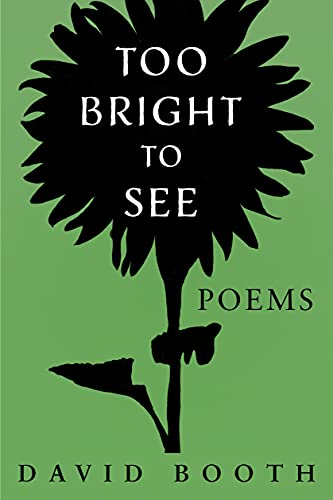There are books that occupy space on shelves, and there are books that quietly file themselves into your memory. This one does something stranger—it behaves like a found object. A box of letters, perhaps. A drawer full of pressed leaves. Something you didn’t expect to mean so much until it whispered something back.
Bridges of Words reads like a document of something ancient and modern at once. It is a collection of haikus, yes—but that’s merely the visible layer. Beneath it is a kind of poetic archive: 57 cultural entries, each crafted in three lines, each brimming with compressed experience. These aren’t country summaries, nor travel mementos. They feel like distilled impressions passed between strangers who never met but understood something essential about the land they loved.
Holding the book feels a little like holding a multilingual time capsule. The haikus don’t tell you what to think. They barely even describe. Instead, they offer atmosphere. The taste of wind in the UAE. The rhythm of footsteps in a Berlin square. The silence of snowfall in Norway. The scent of fruit trees in India’s bazaars. It’s as if every poem was slipped into an envelope and left waiting to be opened on a quiet afternoon.
You find no sweeping declarations here. No attempts to define a culture in five adjectives or wrap centuries in a soundbite. What you find instead are entries like signals—faint, precise, sincere. A maple whisper here. A river chant there. The result isn’t a spectacle but a gathering of presences. And in the quiet, something remarkable happens: each page becomes a point of contact, not commentary.
That kind of restraint isn’t easy to pull off. In fact, it’s almost counterintuitive in a time of maximalism and overstatement. Yet Pretila’s commitment to the form—haiku, of all things—is exactly what gives the collection its weight. This ancient Japanese poetic structure, often misunderstood as merely decorative, is here given its full potential as a vessel of memory, emotion, and place.
Curiously, the more countries you read, the more the borders between them seem to blur—not in the sense of homogenization, but in harmony. There’s a kind of musicality across the pages that connects Havana’s rhythm to Hanoi’s stillness. You begin to see patterns. Not of sameness, but of shared sensibility. A global softness. A reverence for land, for community, for rhythm. This is literature that notices.
And what about the author’s voice? It doesn’t dominate, but it hums gently through the work, particularly in the framing pages—an acknowledgment section that feels more like an ancestral tribute than a typical preface. There’s something unusually sincere in the way Pretila grounds her work in memory and gratitude. It’s not theatrical. It’s rooted. And it gives the book an emotional logic that runs parallel to its literary one.
This is not the kind of book that’s going to be analyzed in boardrooms or ranked in algorithms. It’s too subtle for that. But one imagines it being placed in the hands of a child curious about the world, or an elder longing for home, or a traveler who forgot what it meant to look, really look.
And when that happens—when someone flips open the book and lands on a verse about samba, or snow, or sand, and pauses—that’s when the bridge is built. Quietly. Without fanfare. Just three lines at a time.
Get eBook Now
Product Details
Author : Esperanza Pretila
ASIN : B0FHVTBSQ8
Publisher : ALPJ and Sons
Accessibility : Learn more
Publication date : July 16, 2025
Language : English
File size : 41.4 MB
Simultaneous device usage : Unlimited
Enhanced typesetting : Not Enabled
X-Ray : Not Enabled
Word Wise : Not Enabled
Format : Print Replica
ISBN-13 : 978-0645272765
Page Flip : Not Enabled
Best Sellers Rank : #206,413 in Kindle Store

Meet Jessica, our bookworm extraordinaire! She’s an avid reader with a penchant for mysteries and a soft spot for fantasy worlds. Join her in exploring the pages of literary treasures.













